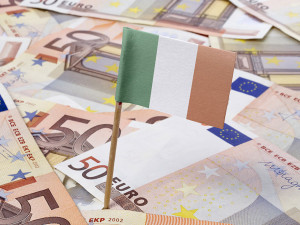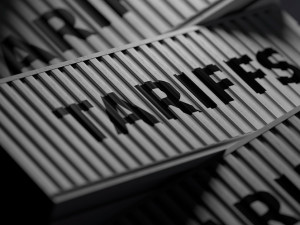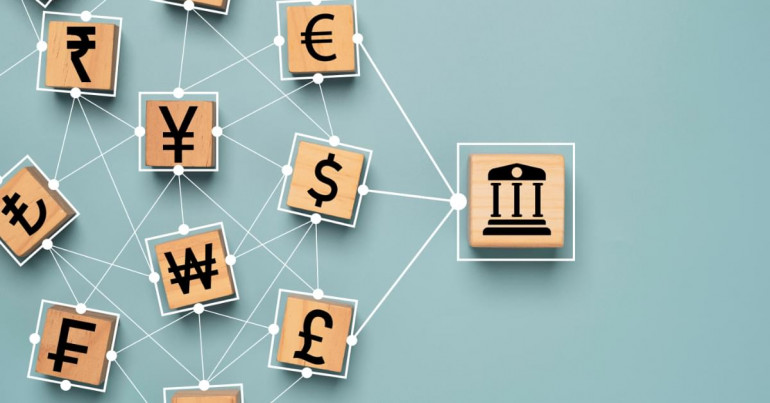
While central banks around the world are fighting inflation by raising interest rates, many people wonder about how the system of central banks’ currency reserves actually works.
Why are central banks holding currency reserves, which foreign assets are the most popular as central bank reserves, and how do reserves interconnect with economic policies and trade?
We give some insight into those questions in our article, explaining what currency reserves are and why they are important for international trade and economic stability.
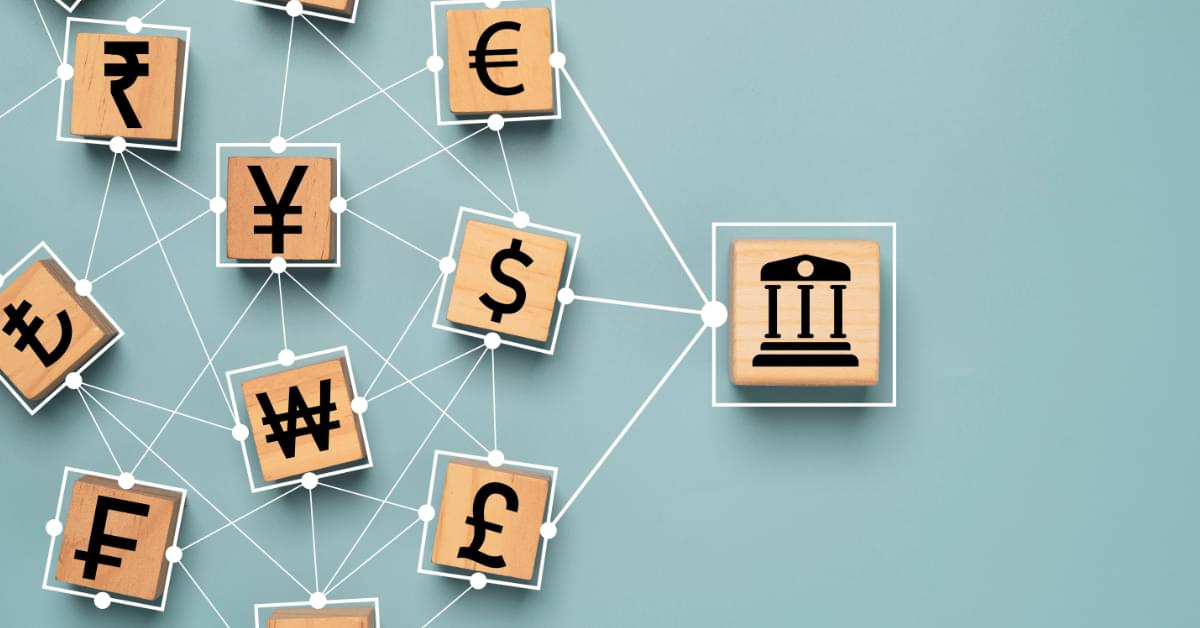
Foreign currency reserves — a necessity for economic stability and global trade
If a country engages in trade with external nations, currency is exchanged between the exporter of goods or services and the importer. Consequently, a country which is strong in external trade and has a current account surplus would receive external currency, usually in the form of US dollars or other valuable currency equivalents such as gold (largely in the past).
The exporter of goods would then convert the foreign currency through their local banking system to local currency. Through interaction with the banking system and the central bank, the external currency would end up deposited on the central bank’s balance sheet as a foreign currency asset against which the central bank is creating liabilities of the domestic currency.
Bretton Woods marked the rise of foreign currency reserves
With the advent of the Bretton Woods system, a global fixed exchange rate system introduced in 1944 to enable stability of trade after WW2, the rise of foreign exchange reserves and the US dollar as the quasi-global reserve currency, started.
The Gold Standard
Before Bretton Woods, currency reserves were nearly universally held in gold and other precious metals, what was called the “gold standard”. Under the gold standard, central banks did issue fiat currency, but all currency was required to be backed 1-to-1 by gold reserves. However, this system was very inflexible, leading to economic dislocations and in the interest of global trade, reconstruction and a post-WW2 order, it was abandoned and replaced with the Bretton Woods system.
Post Bretton Woods
In 1971, US President Richard Nixon suspended the free convertibility of the US dollar against the United States’ gold reserves, as countries with trade surpluses, such as France, started to drain them. The Bretton Woods system of fixed exchange rates ended, and currency exchange rates started to ‘float’.
The US dollar, now not convertible into gold anymore, became the de facto number one asset as a foreign currency reserve. Because the United States is the largest global importer of goods, the US dollar is what is backing other currencies globally as foreign currency reserves — as the world reserve currency.
What’s the purpose of foreign currency reserves?
Looking at central banks around the world, excluding the United States Federal Reserve, which keeps nearly exclusively gold as a backing of the domestic currency, the US dollar, global central banks are holding foreign currency reserves for a range of purposes:
- They help maintain financial stability
- They act as a buffer against currency devaluation
- They provide liquidity during crises
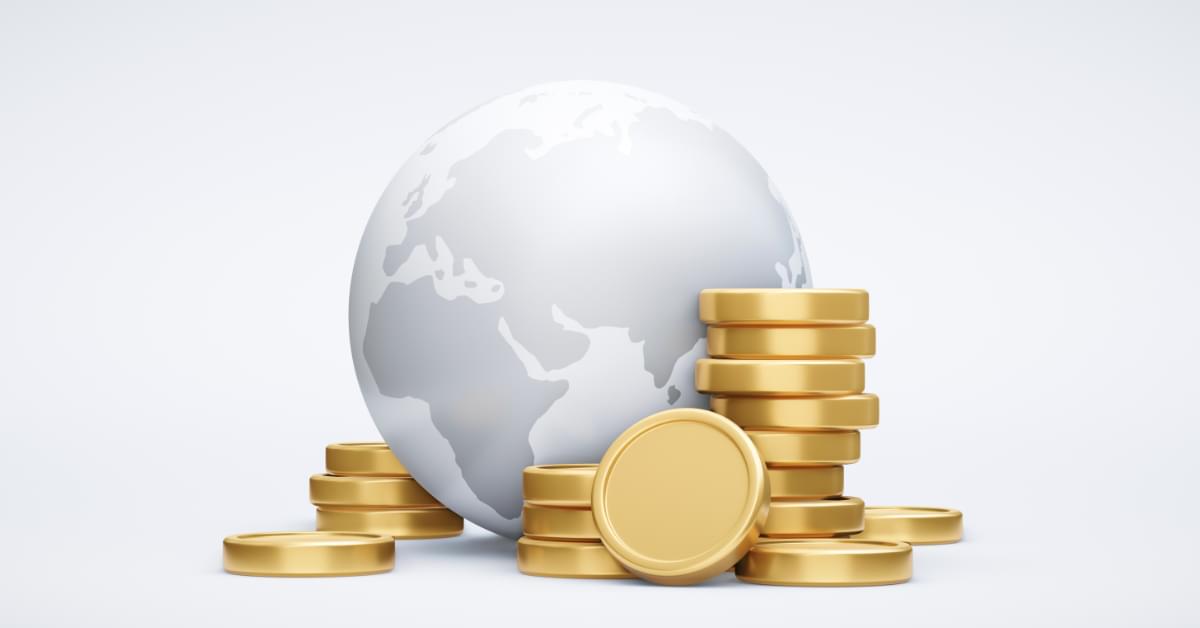
Reasons for holding foreign currency reserves
Depending on the relevant central bank policy, strong backing by foreign currency reserves is important, especially if a country tends to have a weak export economy, because this can drain needed foreign currency for exports. Hence, the most important reasons for keeping a strong holding in foreign currency reserves are the following:
Currency stability
Central banks, particularly those that operate under a currency board, hold foreign exchange reserves to help maintain the value of their domestic currency at a fixed rate. This practice helps stabilise the economy and prevent drastic fluctuations in the currency’s value.
Currency value management
Some central banks deliberately aim to keep their domestic currency weak. They do that in order to keep their exports more competitive in the global market. For example, the Bank of Japan weakened their currency under Governor Kuroda with the support of the Abe government starting in 2012 — Japan was absorbing large amounts of US Treasury issuance in that period. It weakened its own currency by increasing the supply of the Japanese Yen with quantitative easing.
Economic crisis liquidity
In times of economic crisis, having a good stock of foreign currency reserves provides liquidity, in particular for emerging economies. The central bank can use those reserves to buy up domestic currency in foreign exchange markets and stabilise its price.
International financial obligations
Foreign currency reserves enable a country to meet its international financial obligations. Companies receiving foreign currency, due to imports from abroad, need to exchange the foreign currency through cross-border payments. The central bank then may act as an intermediary for foreign currency transactions, in particular, if there are currency controls in place.
Investor confidence
A high amount of foreign reserves can assure international investors of a nation’s ability to fend off economic shocks, keep its currency value stable and ensure the convertibility of foreign direct investments.
The ability to attract foreign direct investment can stimulate economic growth and increase the prosperity of the nation.
Diversification
Although the US dollar is the de facto global reserve currency, making up 60% of global foreign currency reserves, many central banks have diversified their foreign currency holdings in recent years. The reason for this is that there is increasing bilateral trade between nations which does not involve the exchange of US dollars — rather, two nations with interchanging imports and exports would both hold each other’s currency as a reserve. One example is the relatively close economic ties between the EU and the UK, and consequently, both countries are holding each other’s currency as a reserve.
Reserve for national disasters or emergencies
Central banks maintain reserves to provide a safety net in case of national disasters or emergencies. This ensures that the country has the necessary funds to respond effectively to such situations, for example, to access internationally traded goods such as crops and food in case of a drought or a domestic environmental disaster.
Are you a business or individual active in international trade? CurrencyTransfer can help you transfer money around the globe quickly and at competitive rates. We work with a number of FCA-regulated partners offering real-time quotes on our platform. Sign-up now to access instant quotes for your currency transfer needs.
G.C. Wagner
Gustav Christopher is a writer specialising in finance, tech, and sustainability. Over 15 years, he worked in banking, trading and as a FinTech entrepreneur. In addition, he enjoys playing chess, running, and tennis.
